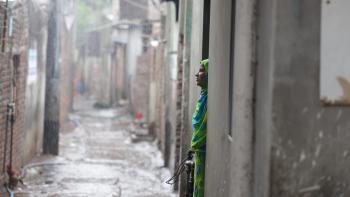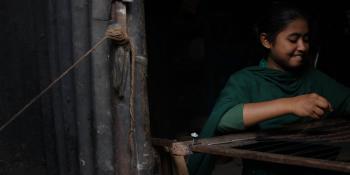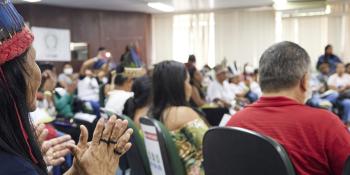Families living in informal settlements are bearing the brunt of climate change while contributing little to global carbon emissions.
As hazards increase due to climate change, so too does the need for communities to enhance their resilience to recurring shocks, including floods, drought and heat.
Informal settlements are usually located in hazardous areas – on low-lying land, far from water and sanitation infrastructure, or on riverbanks – and do not adhere to building codes, making them more prone to damage when disasters strike. Additionally, the growing number of climate-displaced people will add to the complexity of the global need for adequate and affordable housing.
Home Equals will support policy solutions that:
- Reduce the cost burden of climate adaptation in housing, and facilitate creative solutions for climate resilience, such as rainwater harvesting or water conservation.
- Ensure disaster response agencies prioritize communities most vulnerable to climate-related hazards and include adaptation solutions in their plans.
- Prepare for new housing needs in light of unavoidable relocations due to increasing climate threats.
By equitably incorporating communities into resilience planning and identifying their distinct needs, governments can ensure the stability, safety and resilience of these communities to the impacts of climate change.



